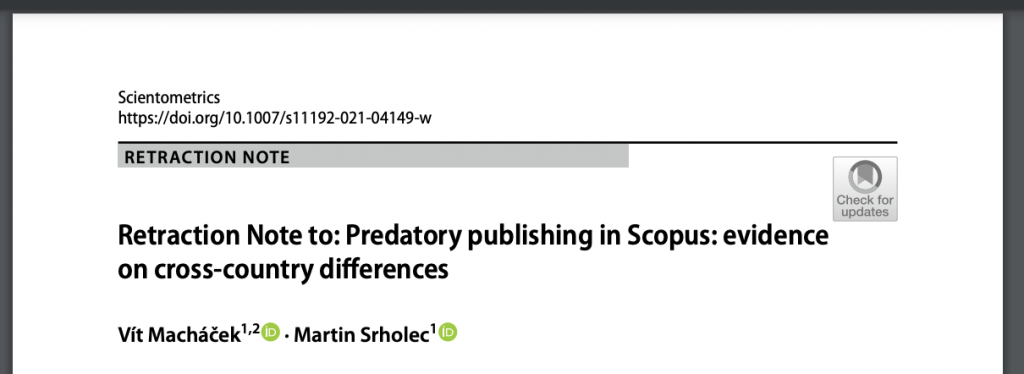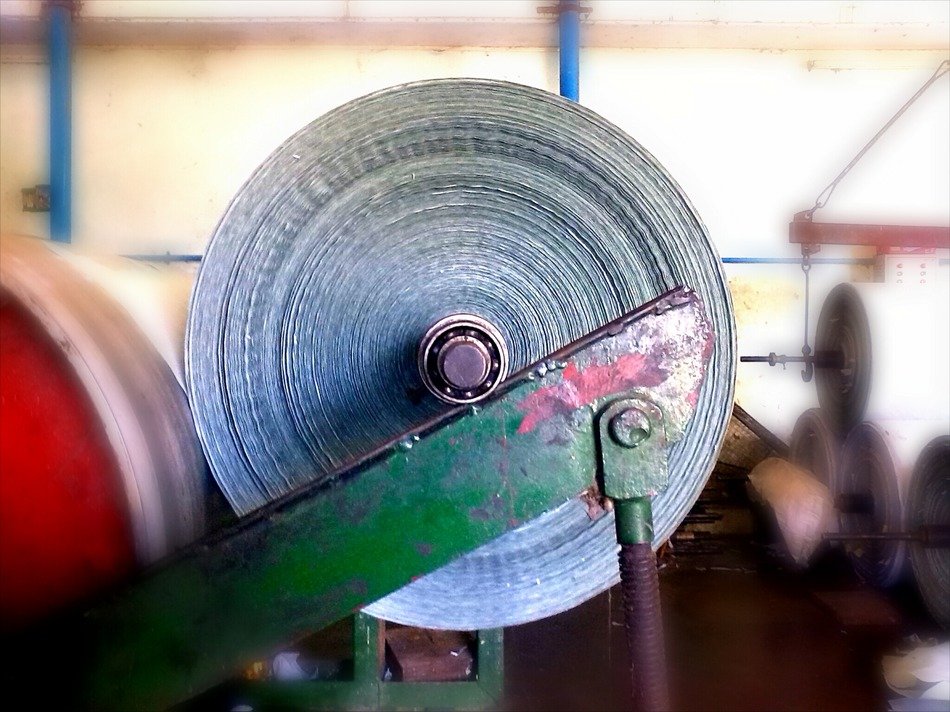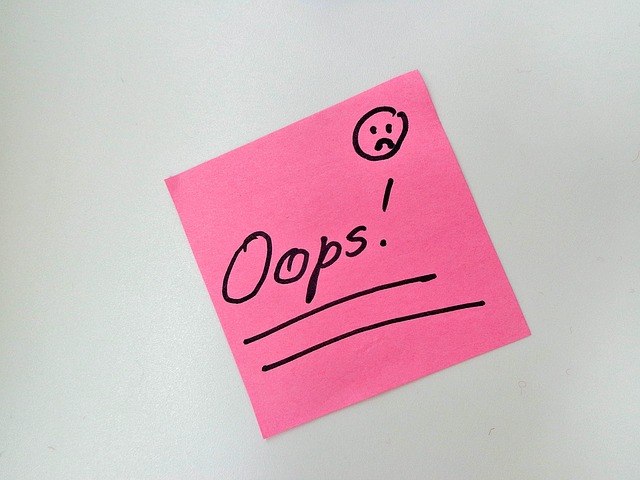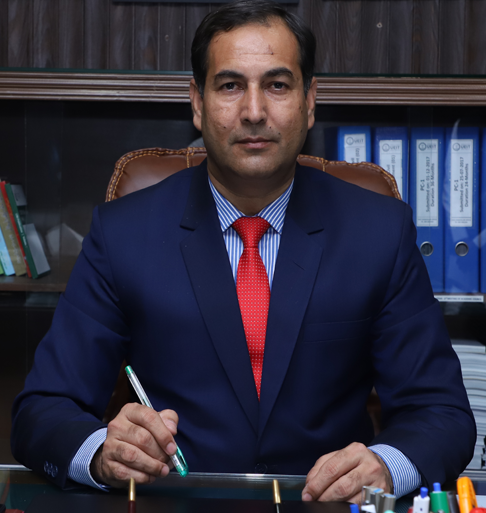A conference proceedings for the Institute of Electrical and Electronic Engineers (IEEE) has retracted a 2021 paper which appears to have been produced in part by the fake article generator SCIGen — an allegation the corresponding author denies.
“Estimate The Efficiency Of Multiprocessor’s Cash Memory Work Algorithms” appeared earlier this year in the 2021 IEEE International Conference on Smart Information Systems and Technologies, where it came to the attention of Guillaume Cabanac and Cyril Labbé.
As readers of this blog might recall, Cabanac, Labbé and their colleague Alexander Magazinov recently wrote a preprint about how mangled translations into English — “tortured phrases,” in their words — can indicate that an article has been churned out by a paper mill.
Continue reading “[T]hese shit comments”: Author of a nonsense paper responds on PubPeer








